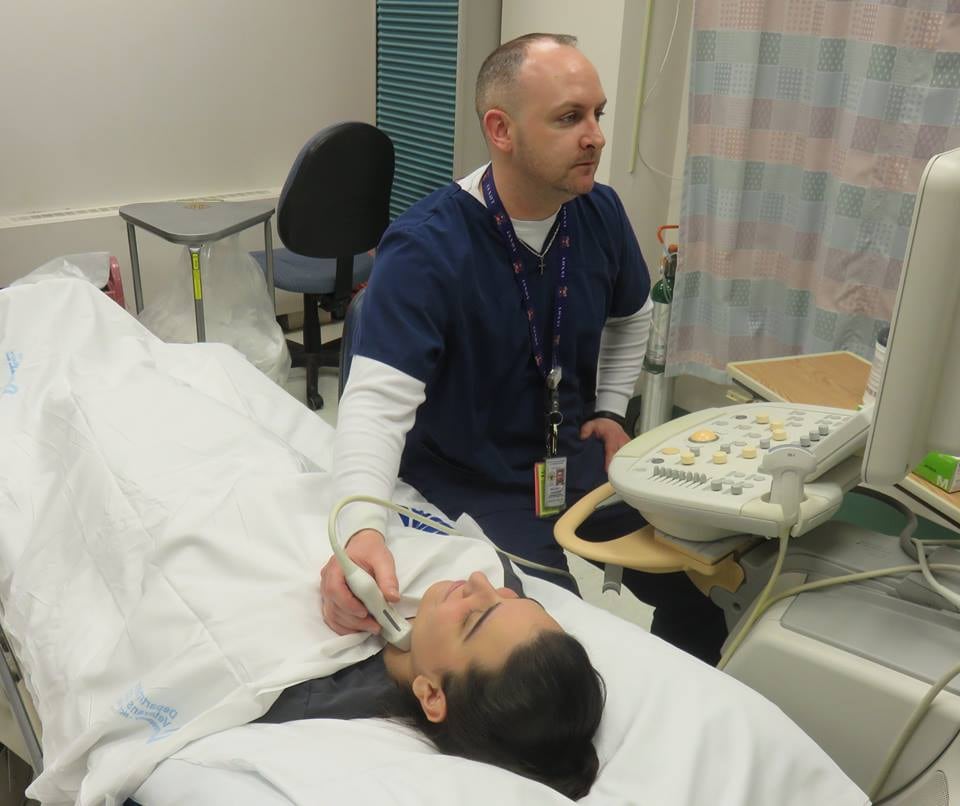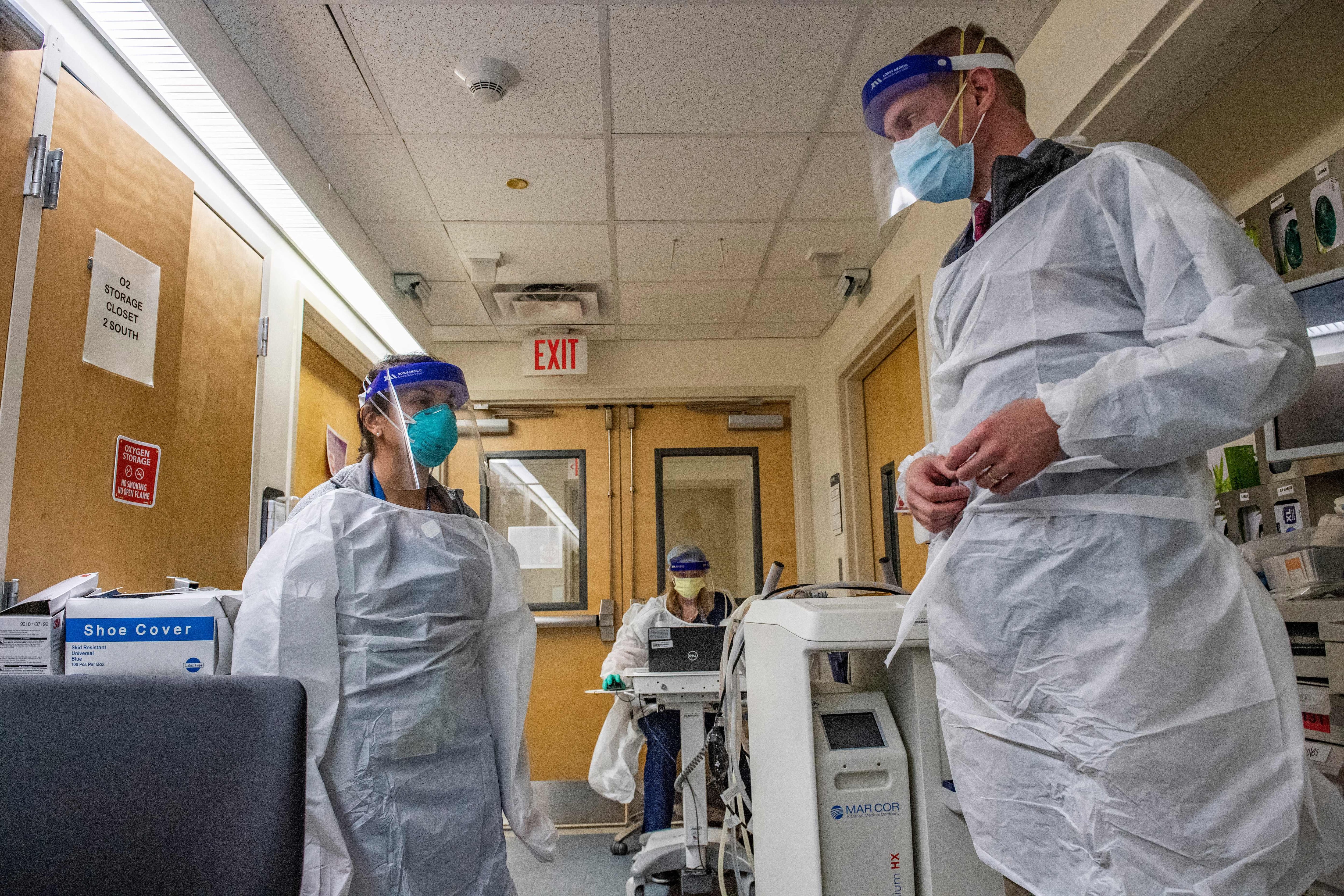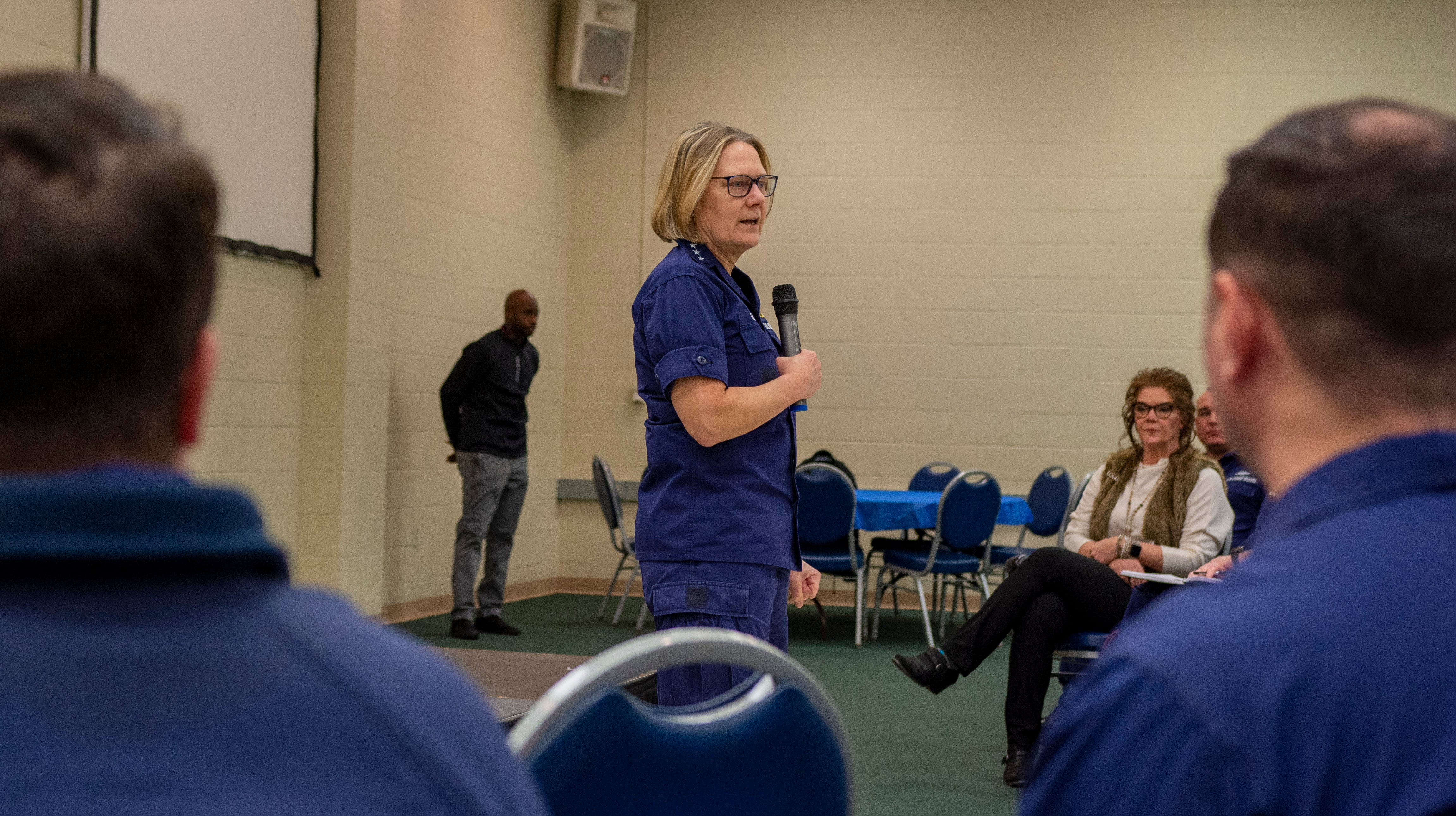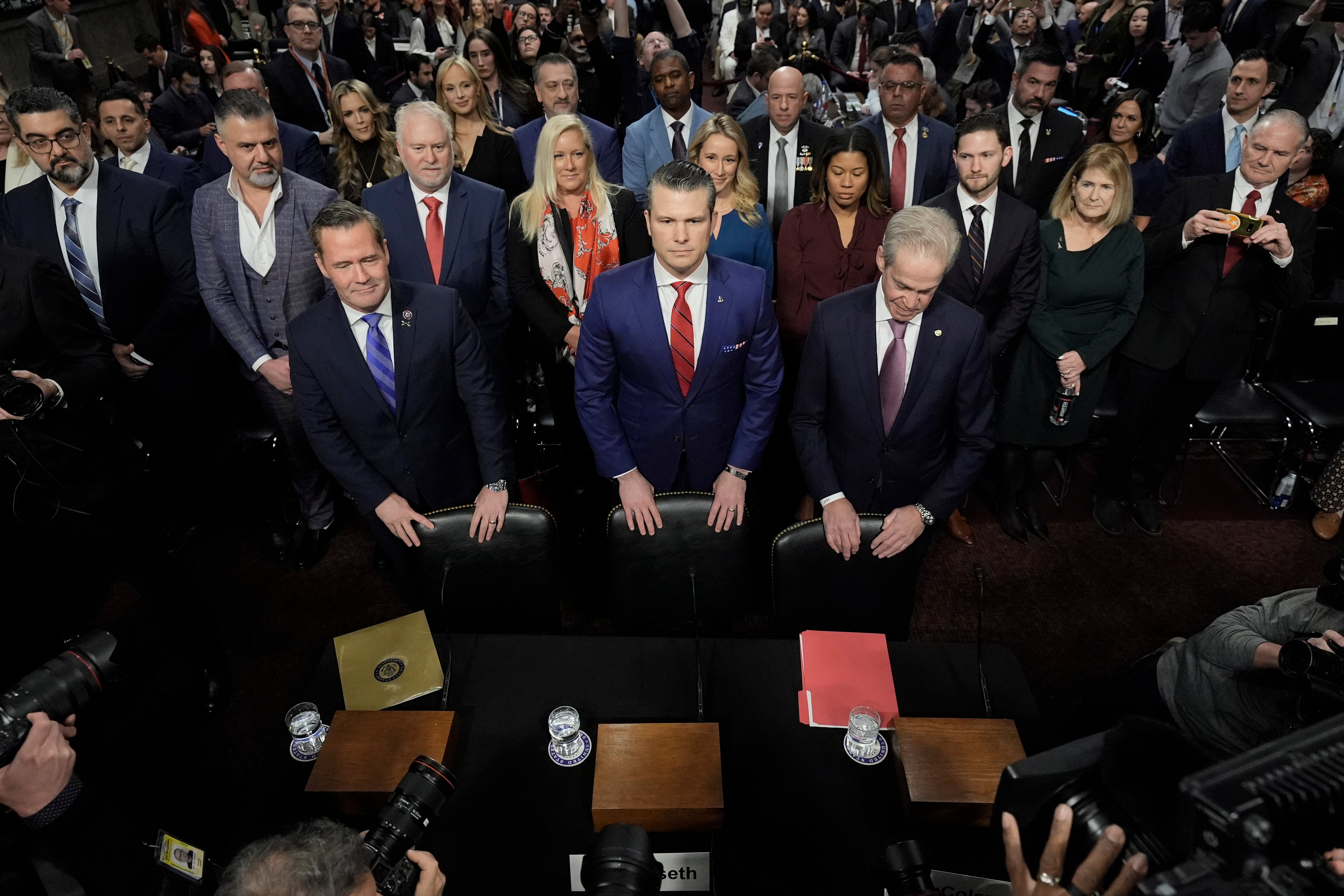FORT JACKSON, S.C. — The Army's largest training installation likely faces new jobs cuts in its civilian workforce in coming years, the general in charge of Fort Jackson said Thursday.
In his first extensive interview with reporters, Maj. Gen. Roger Cloutier also said he has not yet identified 180 soldiers who must lose their positions as a result of the military job cuts ordered by the Pentagon in July.
"I don't want to rush anything. These are soldiers' lives, these are people and families with goals and dreams, so we've got to make sure we get it right," the two-star general said.
Cloutier said he has about a year to assess where to make the military job cuts, since they don't have to be completed until 2017. He said he wants to ensure the reductions won't hurt Fort Jackson's mission of training between 62,000 to 68,0000 soldiers in basic and advanced training every year.
Cloutier said he thinks the military job losses probably won't be the last the installation endures. He says he thinks civilian jobs will also be cut, but he doesn't know how many, or when.
"There's going to be some civilian reductions, though," the general said. "Those have not yet been specified."
He said any additional cuts would not take place until 2016 to 2017.
The two-star general took over May 29. In July, the Army announced it would slash some 40,000 soldiers' positions over the coming two years in order to deal with mandated budget cuts ordered by Congress known as "sequestration" and following the end of major wartime deployments to Iraq and Afghanistan.
In July, the Army said 17,000 more Army civilian employees would be laid off under its plan, but didn't say where or when those cuts might occur.
The cuts would save the nation's largest military service $7 billion over four years. They come as the Army is shrinking from 490,000 active-duty soldiers to 450,000 men and women from a high of 570,000 soldiers in 2008.
The general pointed out that Fort Jackson came out much better than other installations such as Fort Benning, Georgia, which was ordered to slash 3,000 soldiers.
"It could have been a lot worse," said Cloutier, who came to Fort Jackson in February as the head of a Pentagon panel visiting communities to judge the potential effect of the Army's cuts. Fort Jackson had faced losing 3,100 of its 7,000 workers.
In addition, the general said he wants to make soldiers' basic training more rigorous in the coming months, and make more use of technology in their 10 weeks of combat instruction.
He said he would like to increase the time soldiers use simulators to learn how to aim their weapons, a less expensive route than having them use up live ammunition.





